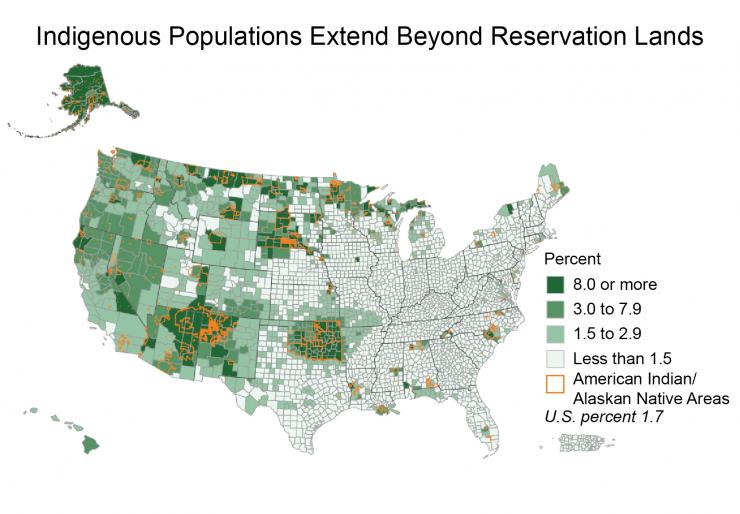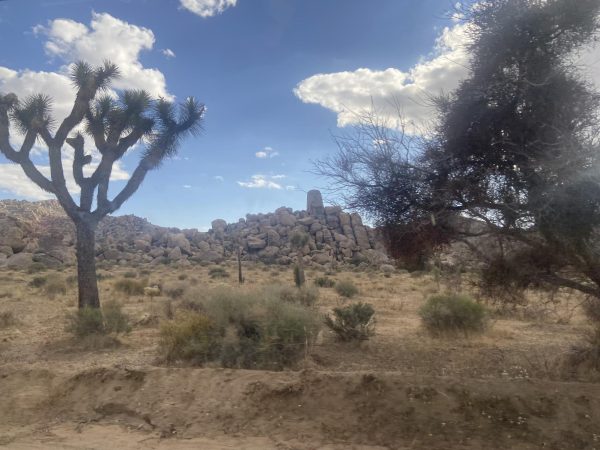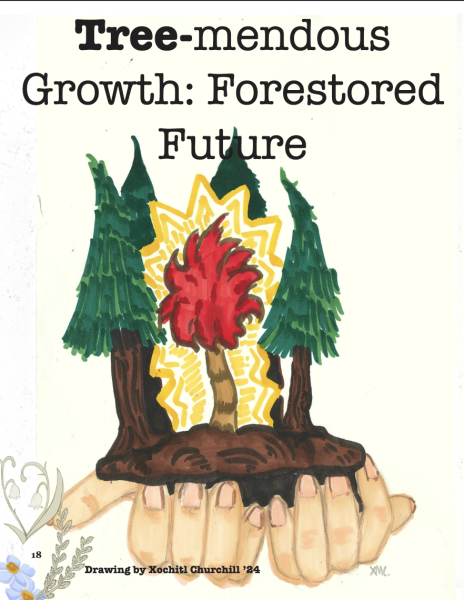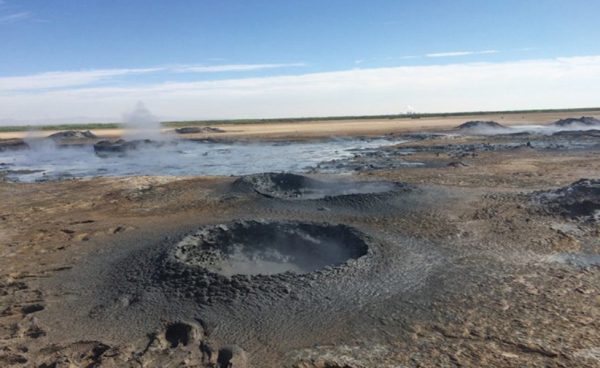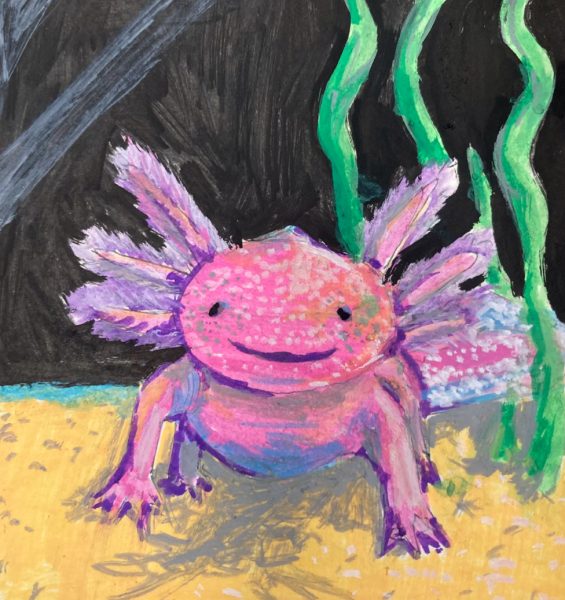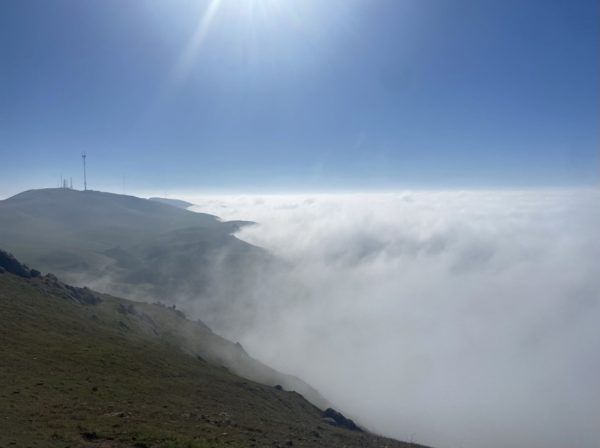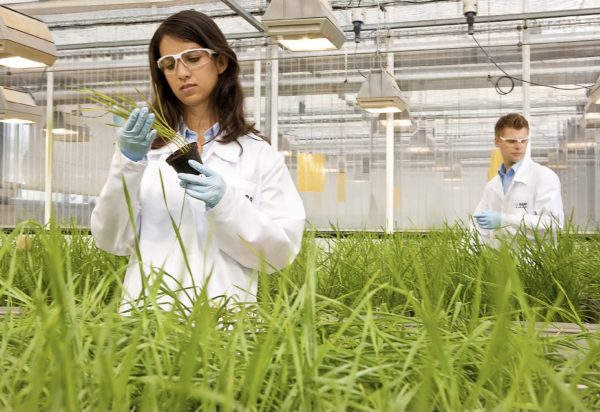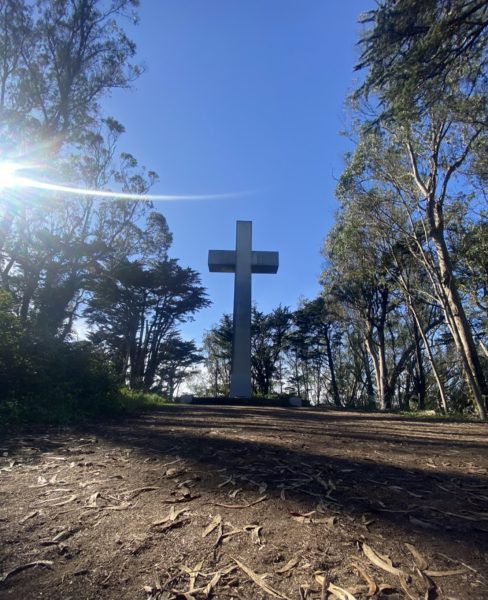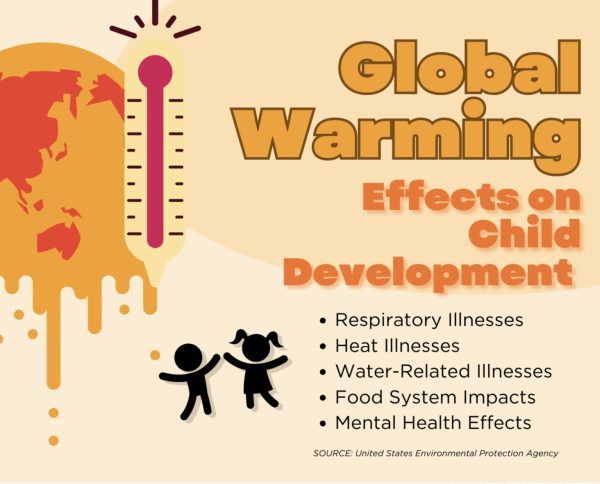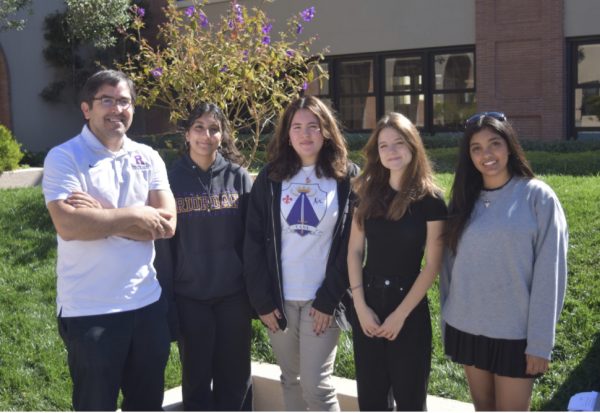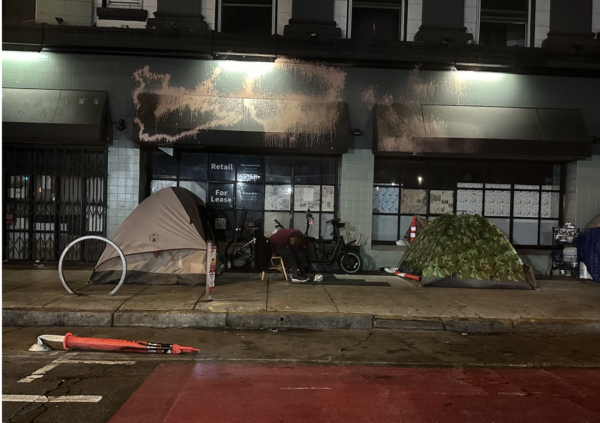Climate change impacts Native American way of life
As shown by the map across the country, multiple Native American tribes are being impacted by climate change, especially in the West.
March 29, 2023
Climate change has been an issue for a while, but in recent years has been affecting everyone around the globe, including Native American tribes.
The United Nations states that climate change brings hotter temperatures, more severe storms, increased droughts, and higher sea levels, all of which cause the lack of food and the loss of land.
AP US History and Global Ethnic Studies teacher Cory Nelson said, “Climate change is real. We have been contributing to it for a long time and we need to make major changes for the longevity of our planet.”
Most tribal nations in America’s mainland, Alaska, and Hawaii lack the modern technologies needed to help with the dangers of climate change. Because of this, they face uncertainties on whether they can continue on with their usual ways of life.
More than 8 percent of Native Americans around the Midwest, West Coast and Alaska have been extended beyond reservation lands due to climate change.
Nelson remarked, “Reservations and Indigenous people have been pushed to the side…If we haven’t created a culture of helping Native Americans then they’re going to fall in the category of poverty that’s going to be left behind.”
Reservations and Indigenous people have been pushed to the side…If we haven’t created a culture of helping Native Americans then they’re going to fall in the category of poverty that’s going to be left behind.
— Cory Nelson, Social Science Teacher
They rely on resources derived straight from the land they live on in order to survive and climate change puts that at risk.
The land the Native Americans live on are ecosystems which are super fragile. Any event could shatter the ecosystem and bring changes that the tribes might not be prepared for.
The U.S. Climate Resilience Toolkit states that events that shatter ecosystems are droughts, floods, wildfires, and pest outbreaks related to climate change.
They have begun to face a lack of plants and animals, both marine and land, for food and have seen reduced water qualities, all of which are harmful to their health and well-being.
AP US History student Jaecee Cantiller ’24 said, “The fact that Native Amercians are losing everyday needs is saddening. These are basic human needs that we all have to have access to in order to live through everyday life. It’s heart-wrenching to hear that they don’t even have easy access to them.”
These are basic human needs that we all have to have access to in order to live through everyday life. It’s heart-wrenching to hear that they don’t even have easy access to them.
— Jaecee Cantiller ’24
They use the materials in their area for almost everything they do in their daily life such as hunting, gathering, medicine making, clothes weaving, etc.
Ways that they’ve tried to adapt are buying food. Although it is easier to obtain, it is more expensive and unhealthy compared to their traditional ways of gathering food.
Nelson stated, “You’re forcing people to assimilate to a culture that’s not theirs…If they choose to assimilate, then we should be allocating funds that help them adapt to mainstream American culture or we should be helping their reservations.”
Erosion and thinning ice adds to the problem. Hunters are getting trapped from the ice while buildings and infrastructure are being destroyed by erosion.
AP US History student Jan David Ella ’24 said, “They live simple lives, and it isn’t fair for them to be affected by those who don’t care about the world. Soon, they’ll be forced to change their way of life.”
Climate change brings on a difficult decision for tribal nations across the United States and the world: Should they stay and continue their ways of life or should they go and adapt to the modern world?


